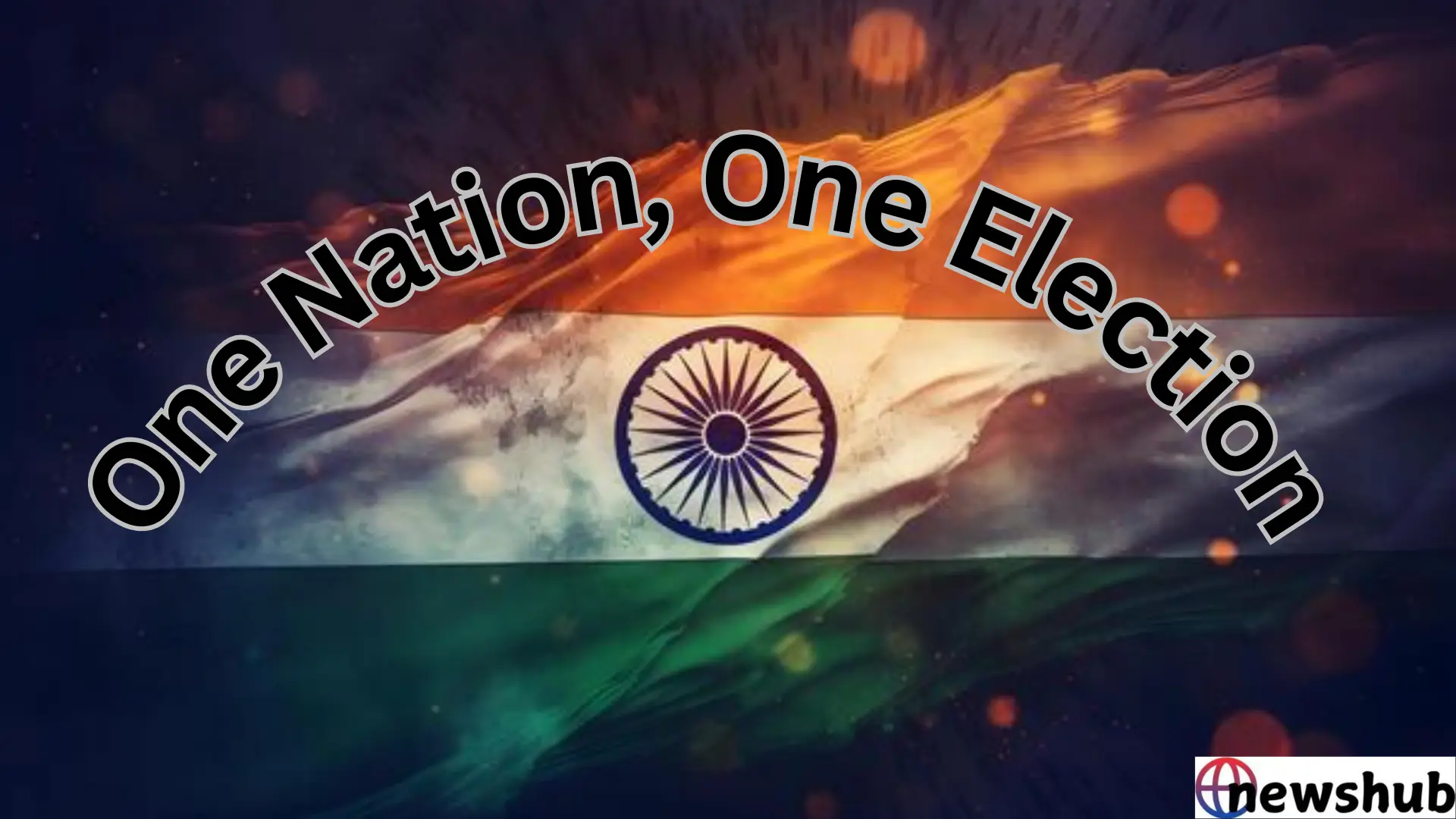Introduction
The concept of “One Nation, One Election” (ONOE) has emerged as a transformative idea in India’s political and administrative framework. It proposes synchronizing Lok Sabha (General Elections) and State Assembly elections, reducing the frequency of elections, ensuring governance stability, and cutting down on excessive expenditure. However, while ONOE holds significant promise, it also presents legal, logistical, and constitutional challenges.
This article explores the advantages, concerns, global comparisons, and latest developments surrounding ONOE, offering a deep dive into one of India’s most debated electoral reforms. 🚀
Understanding One Nation, One Election 📜
🔹 Current Electoral System
- India currently follows a staggered election system, where Lok Sabha and State Assembly elections are conducted separately.
- Local body elections further increase the frequency of polls, often disrupting governance and administrative efficiency.
🔹 Historical Background
- Simultaneous elections were the norm in India until 1967.
- Political instability and premature government dissolutions led to staggered elections.
- The Election Commission of India (ECI), Law Commission, and NITI Aayog have explored ONOE’s feasibility, but it remains a debated topic.
✅ Advantages of One Nation, One Election
💰 1. Cost Efficiency and Economic Savings
- Conducting elections requires massive financial resources for security, logistics, and administrative efforts.
- ONOE would drastically cut election-related expenses, benefiting the economy. 📉
- A single election cycle would reduce the expenditure on campaigning, advertisements, and voter mobilization.
🏛️ 2. Uninterrupted Governance & Policy Stability
- Frequent elections lead to the Model Code of Conduct (MCC), temporarily halting government policies.
- ONOE would allow governments to function without interruptions, focusing on long-term development. 📈
- This will enable political parties to implement long-term policies without worrying about elections every few months.
🚫 3. Reduction in Electoral Malpractices & Black Money Usage
- Multiple elections increase corrupt practices like vote-buying and misuse of resources.
- ONOE could help curb unethical election spending, ensuring transparency. 🔍💵
- Political parties will have a level playing field, as the need for continuous funding will be minimized.
📊 4. Higher Voter Turnout & Engagement
- Voter fatigue from multiple elections leads to lower participation.
- A single election cycle would encourage higher turnout and better civic engagement. 🗳️
- Citizens will be more aware and involved in both national and state-level issues simultaneously.
🚔 5. Efficient Deployment of Security & Administrative Resources
- Election security requires massive deployment of forces and personnel.
- ONOE would optimize logistical and security efforts, preventing resource strain. 👮♂️✅
- The Election Commission can focus on better management and integrity of the election process.
⚠️ Challenges and Concerns Regarding ONOE
📜 1. Constitutional and Legal Amendments Required
ONOE requires changes in:
- Article 83 & 85 (Lok Sabha tenure)
- Article 172 & 174 (State Assembly tenure)
- Representation of the People Act, 1951
- Political consensus remains challenging. ⚖️
- Judicial scrutiny and Supreme Court rulings could play a significant role in shaping this reform.
🌏 2. Impact on Federalism & State Autonomy
- India’s federal structure allows states autonomy in governance.
- ONOE could limit state independence, as their electoral cycles would align with national elections. 🏛️
- States with different governance priorities might find it difficult to adapt to a synchronized election model.
🔄 3. Logistical and Operational Challenges
- India has over 900 million eligible voters requiring a huge administrative setup.
- Managing polling stations, Electronic Voting Machines (EVMs), and VVPATs is a massive challenge. 🏗️
- Storage and maintenance of millions of EVMs and ballot papers will require additional investment.
⏳ 4. Handling Mid-Term Dissolutions & By-Elections
- What happens if a government collapses mid-term?
- Would the entire country go for fresh elections, or only the affected state?
- This raises concerns over governance stability. 🤔
- Solutions such as caretaker governments or presidential rule might be explored.
🗳️ 5. Voter Behavior and Regional Party Influence
- National elections might overshadow local issues, reducing the importance of regional governance.
- This could weaken regional parties, affecting political diversity. 🌍
🌎 Global Examples of Simultaneous Elections
Several countries successfully conduct synchronized elections:
- United States: Presidential and Congressional elections are held together.
- South Africa: National and provincial elections are conducted simultaneously.
- Indonesia & Sweden: Both follow a unified election system.
However, India’s unique political landscape makes direct comparisons difficult. 🤷♂️
🛠️ Recent Developments & Government Initiatives
The Indian government has formed a high-level committee led by former President Ram Nath Kovind to evaluate ONOE’s feasibility. Key discussions include:
✔️ Should ONOE be implemented in phases or all at once? ✔️ Possible changes in state legislature tenures. ✔️ The role of the Election Commission in overseeing the process. ✔️ Public opinion and expert consultations are being considered before a final decision.
While BJP supports ONOE, opposition parties like Congress, Trinamool Congress, and DMK have raised concerns over federalism and governance autonomy. 🤝
📌 Conclusion: A Step Towards Reform or a Constitutional Hurdle?
The One Nation, One Election proposal could streamline India’s electoral process, bringing efficiency, reducing costs, and ensuring governance stability. However, challenges such as constitutional amendments, logistical feasibility, and political consensus must be addressed before implementation.
As discussions continue, the fate of ONOE remains uncertain. Its success will depend on political will, legal frameworks, and a balanced approach that respects India’s democratic diversity. ✨
You may also like to read….

